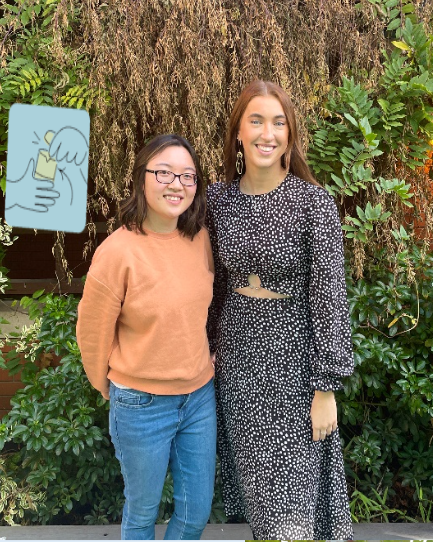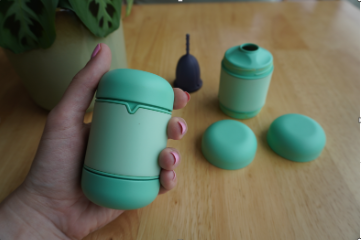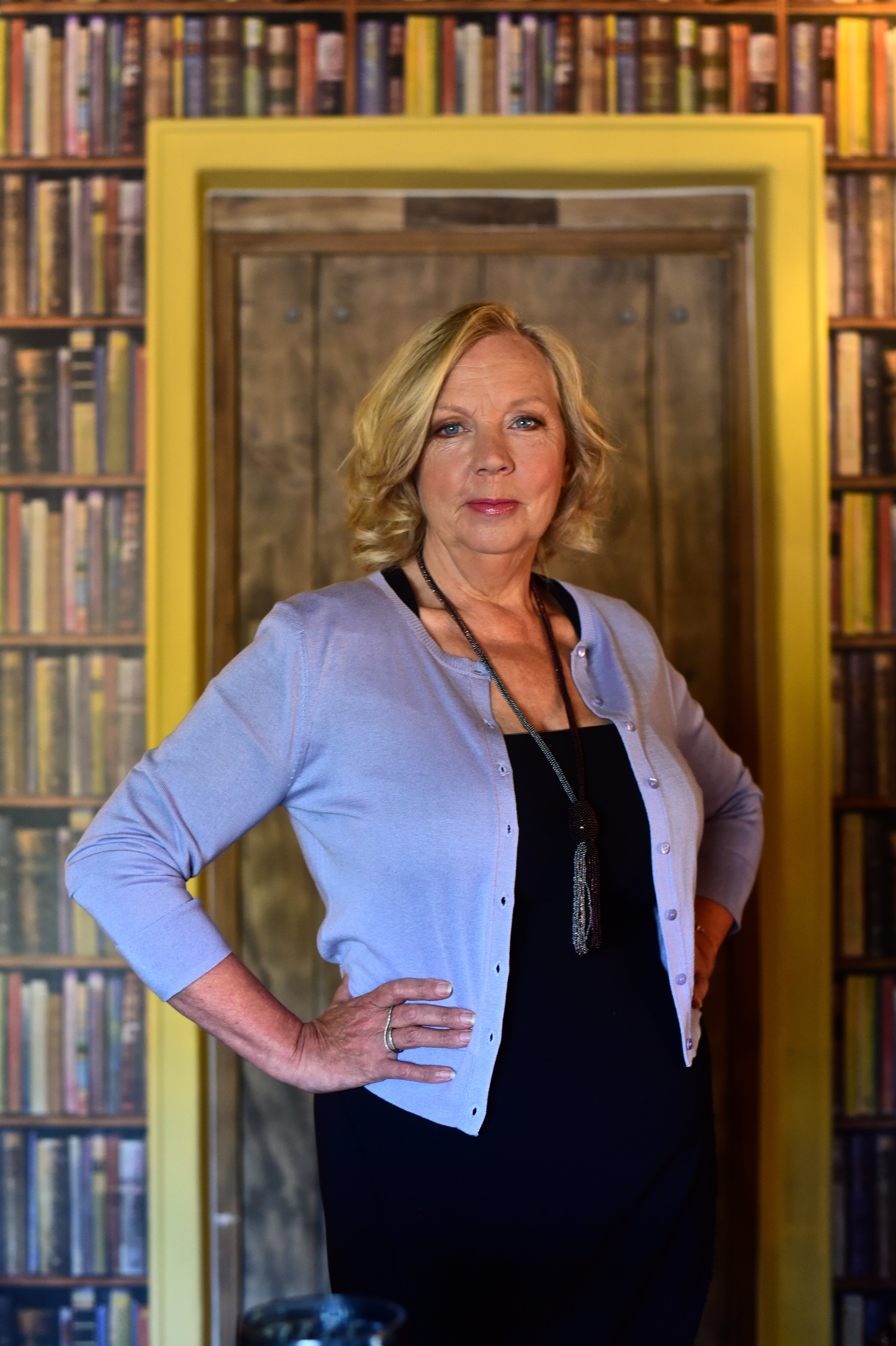Meet the Everyday Engineering competition winner
Our national competition was open to all the UK’s kitchen table engineers, with ideas and innovations that could make or are making our daily life more sustainable. A public vote held on National Engineering Day, 1 November 2023, decided the nation's favourite sustainable idea or innovation. The winner has the chance to develop their ideas and innovations with experts and high profile entrepreneurs including Dragons' Den's Deborah Meaden and mentorship from the Enterprise Hub.
A big congratulations to two young entrepreneurs from Bristol who designed a menstrual cup portable cleaning and sterilising case beating entries from across the UK to win the national Everyday Engineering competition, which aimed to prove that everyone has the potential to become an engineer.
The competition, launched by the Royal Academy of Engineering in partnership with Dragons’ Den investor Deborah Meaden, asked entrants to share their ideas for inventions that could help make daily life more sustainable. It encouraged people from all walks of life to release their “inner engineer” and recognise that everyone has the capability to think like an engineer as engineering habits – like problem spotting and creative problem solving – can come from anyone.
Using a menstrual cup can significantly reduce single-use plastic waste associated with sanitary products. In the average lifetime, women and those who menstruate will send two minibuses full of menstrual product waste to landfill, and spend around £5,000 on those products, the equivalent of buying a latte every day for the next 4 years.
Kira Goode (24) and Monica Wai, (24) designed the case, Eleria, (previously known as CupSquared) as a portable, multifunctional menstrual cup cleaner that helps to make adopting the menstrual cup easier and more convenient, especially on the move. They want to make cleaning the cup at public toilets and at home sterilising processes quicker, simpler and more discreet. Eleria is currently a prototype, with Kira and Monica seeking investment to allow them to develop the product further.


Eleria’s Menstrual Cup Portable Cleaning and Sterilising Case
Eleria is a portable cleaning and sterilising case suitable for all size A menstrual cups, making the public toilet cleaning and at home sterilising processes quicker, simpler and more discreet.
In an average lifetime women, and those who menstruate, will send two minibuses full of menstrual product waste to landfill, and spend around £5,000 on those products, the equivalent of buying a latte every day for the next four years.
The prize package
The winner receives the opportunity for feedback on development of their innovation as well as an opportunity to build entrepreneurial skills.
The prize package includes:
- Feedback on your idea from a BBC Dragons' Den investor at a virtual lunch session
- Mentoring on how to turn your idea into a product with an expert from our Enterprise Hub
- National publicity and a trophy from the Royal Academy of Engineering

Meet the Everyday Engineering competition finalists
Phyto
A hanging pendant light made from 3D printed algae-based bioplastic, invented by Sam Bird Smith (23, London)
The Phyto Light is made from nuisance algae, which when allowed to spread out of control, can damage surrounding marine life. This algae is extracted from the water before being dried and processed into bioplastic. The clean water is then pumped back into the source, restoring life to the area. This process not only creates a new, sustainable material, but also protects marine life and provides local areas with clean water.
EcoPonics
A customisable vertical farming unit for gardens, invented by Anvith Sujay and Ashwin Madhusudhanan (both 16, Bristol)
Each 0.5m cubic unit, or 'cell' has space for multiple plants and contains a pink LED light, allowing for the fastest rate of photosynthesis, and a piping system to allow the water to easily be changed, as the cells use hydroponics. EcoPonics saves space in gardens, allowing more plants to be grown per area and more efficiently, without the need for fertilisers.
Why did we hold the Everyday Engineering competition for National Engineering Day?
Engineering expertise is central to achieving the UK’s Net Zero goals and creating a more sustainable future for both people and planet.
The perception of engineering needs to change if the UK is to have enough engineers to bring about a sustainable future.
